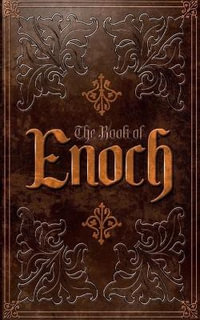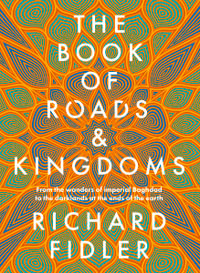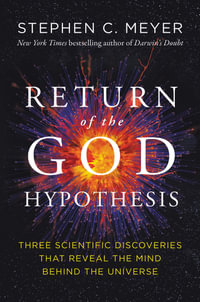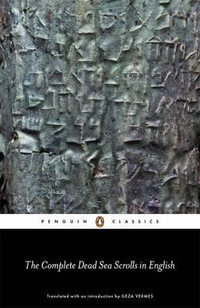In the first critical study of the major theologians of pentecostalism, one of the fastest growing and most influential religious traditions in the world, Christopher A. Stephenson establishes four original categories to classify pentecostal theologians' methodologies in systematic/constructive theology. The four categories are based respectively on: the arrangement of biblical texts; the relationship between theology and Christian spirituality; doctrine concerning the kingdom of God; and pneumatology as a basis for philosophical and fundamental theology. Stephenson analyzes each methodological type and suggests a pentecostal theological method that builds on the strengths of each. He then offers his own, original contribution, arguing for a reciprocal relationship between pentecostal spirituality and doctrine that follows the pattern of lex orandi, lex credendi, and develops a doctrine of the Lord's supper as a demonstration of this reciprocal relationship.
Types of Pentecostal Theology provides critical insight into such fundamental issues as the relationship between theology and philosophy, the dynamic between scripture and tradition, and the similarities and differences between recent pentecostal theology and other currents in contemporary theology.
Industry Reviews
"It offers a proper contribution to Pentecostal theological method by drawing attention to the intertwining realities of spirituality and doctrine and by pleading for more consideration of the implications thereof in future Pentecostal constructive theology."--Ecclesiology
"Stephenson is a careful reader and an excellent synthesizer of ideas. His skill in systematizing the ideas of the four Pentecostal theologians not only is admirable but also renders their works easily digestible even by lay church persons...Stephenson's theological method is relevant, beautiful, and engaging."--The Journal of Religion
"For those who believe that Pentecostals do not have a systematic theology of their own, Types of Pentecostal Theology may surprise you. Christopher Stephenson has performed an insightful and compelling analysis of selected Pentecostal theologies. He demonstrates how early Pentecostals failed to meet the critical standards of the theological discipline, but contemporary Pentecostal scholars have tapped into the roots of the movement, producing
promising, creative, and constructive results."--Cecil M. Robeck, Jr., Professor of Church History and Ecumenics and Director of the David du Plessis Center for Christian Spirituality, Fuller Theological Seminary
"There was a time when some might have found the very idea of a systematic Pentecostal theology odd. But that time is over. Scholars and thoughtful lay people must now find their way through an ever increasing flood of often creative and insightful systematic theological writing by a wide variety of Pentecostal thinkers. How to do it? Stephenson's carefully researched, fair-minded, and highly readable book now provides an indispensable road map through this
inviting but sometimes daunting landscape."--Harvey Cox, author of The Future of Faith
"As the Pentecostal movement comes of age and joins larger theological discussions of Christian beliefs, practices, and affections, scholars need a map to locate the variety of Pentecostal approaches that have emerged in the last few decades. Types of Pentecostal Theology provides that map. Focusing mainly on North America, Stephenson identifies four distinct styles of Pentecostal theology, and then adds his own voice to the mix, developing a new model
based on the ancient rule of lex orandi, lex credendi. This is an impressive first book from a Pentecostal theologian who will no doubt have much to say in the years ahead."--Douglas Jacobsen, author of
Thinking in the Spirit
"This volume by Stephenson (Lee Univ.) joins a growing number published by Pentecostal scholars in university presses that foster Pentecostal engagement with various scholarly discourses and make this engagement accessible to the Pentecostal community." --CHOICE
"Stephenson's book is without doubt one of the most significant assessments of Pentecostal theology to date... The book is the first to offer a thorough treatment and classification of several original types of systematic theology among Pentecostals. The chapters are suggestive, lucid, and critical. No course on theological method at Pentecostal institutions can afford to ignore this work, and it is sure to find its place among those interested in comparative
methodology." --Pneuma

























